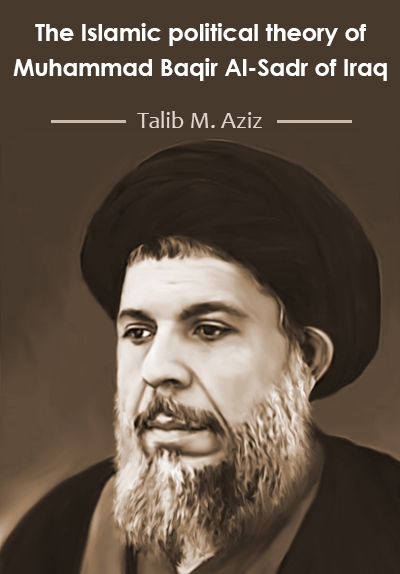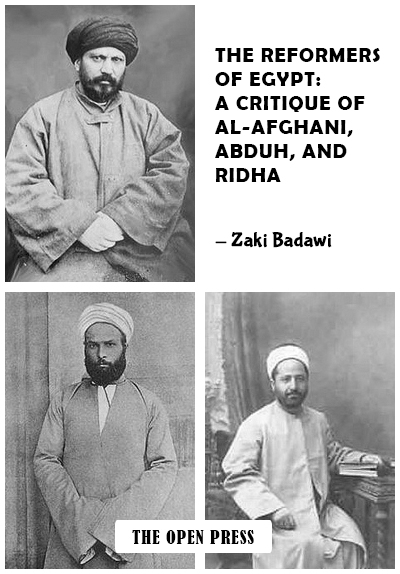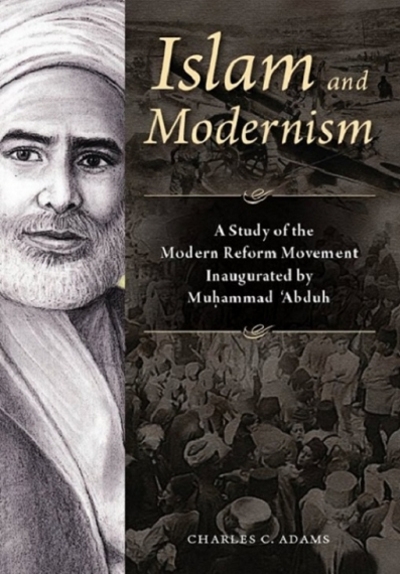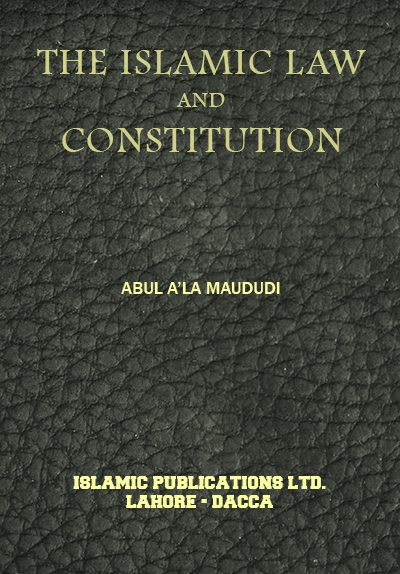



Shaikh Ahmad Yaseen, founder of the Islamic Resistance movement (Hamas) and recognised as leader of Palestine's Islamic movement, addressed this message to the Ummah on the occasion of Eid al-Adha.
The Islamic movement is a multi-faceted and multi-dimensional entity, as broad and as varied as the Ummah itself. Most Muslims instinctively recognise which groups are part of the movement, and which are not, but the multiplicity of voices, within the movement can be bewildering.
Throughout his rule, president Husni Mubarak has governed Egypt under an emergency decree, using his dictatorial powers to persecute the Islamic groups that have always constituted the most vocal opposition to his regime.
Dr Kalim Siddiqui's work ranged from history to political philosophy to community activism, but he is best known for his analysis of the contemporary historical situation and the nature and task of the global Islamic movement.
Reading this book, one is reminded of a particular kind of intelligent non-Muslim friend: open-minded, curious, sympathetic, good company, better conversation, ever-ready to engage with and learn about a culture and a world-view so totally different to his own.
The Turkish army’s drive to crush the country’s Islamic movement continues unabated. The latest episode is the postponement of a debate on a constitutional amendment that would make it difficult to close political parties.
Even as the Palestinians faced some of the worst days of the intifada, however, representatives of Yassir Arafat’s Palestinian Authority began meetings with Israeli and American representatives in Washington to bring the Palestinian ‘peace process’ — also known as the Palestinian sell out — back on track.
As the Al-Aqsa intifada in Palestine enters its fourth month, ZAFAR BANGASH, Director of the Institute of Contemporary Islamic Thought (ICIT), discusses the nature of the Israeli problem and the challenges facing the Islamic movement in Palestine in seeking to resolve it.
The trial of some 300 members of the outlawed Moroccan Islamic Justice and Charity Group (Jama’at al-’Adl wal-Ihsan) started on December 11. They are among some 800 people arrested for taking part in rallies marking the United Nations Human Rights Day held on December 10 by human rights and Islamic groups.
The UN security council has passed two resolutions this last month, ostensibly against ‘international terrorism’, but in effect backing state terrorism against Islamic movements worldwide.
Muslim activism in the US is now reaching a point where it can be considered an Islamic movement. Five years ago, it amounted to little more than the building of mosques and occasional protests. There was not generally considered to be an Islamic movement because there was no positive commitment toward Islam.
It is perhaps indicative of the present state of the Ummah that, outside his native Egypt and a small circle of Islamic activists, few Muslims are aware that August 29 marked the thirty-third anniversary of the martyrdom of Sayyid Qutb.
The Egyptian government’s decision to release 1,200 al-Gama’a al-Islamiyya prisoners is a significant development in the long struggle between the militant Islamic groups and the state. Most of the freed Islamists had been jailed without trial or had already served their sentences, and thousands more remain in jail.
The major theme of the dissertation is to expound on the political thought of the religious activist from Iraq, the late Muhammad Baqir al-Sadr. The study is divided into three parts. The first is designed to introduce Sadr to the readers. The emphasis was given to Sadr's political activism from 1958 when he participated in the formation of the first Shia political party, Islamic Da'wa, to his violent death by the Ba'thist regime in Baghdad in 1980. The second part aims at setting the parameters of the definition of the political theory in order to help underpin Sadr's political thought and evaluate its merits. Finally, the main part of the dissertation is the third chapter in which Sadr's political thought is systematically and thoroughly analyzed. Sadr's major political concepts about man, society and the state are introduced, his interpretation of the historical process is scrutinized, and his political program in ending social contradictions is examined.
1Modern Muslim thought emerged as a reaction to the impact of the west upon Muslim society. The west forced its way into the Dar AI-Islam, interfering in its affairs and reshaping its destiny. The initial reaction of the Muslims consisted of fortifying themselves with western weaponry. It soon, however, became clear that a modern army presupposed a modern society. The age of the savage fighter descending upon the civilized world to ravage and plunder was over. Military power became one of the dimensions of the degree of modernity. In the following pages we will deal with the views of three major leaders of the Reform School in Egypt: Jamal AI-Din AI-Afghani, Muhammad 'Abduh and Rashid Ridha.
1These essays by Charles Adams, a sympathetic American academic, examine Islamic reformism in Egypt through the work of 'Abduh (1849-1905), revealing the influences that molded his thought and tracing his transformation from someone who was "buried in mystic visions" to a leading champion of Islamic reform. This work serves as an intellectual biography of a man whose thought and legacy had a profound impact on subsequent Islamic thought and political movements, even those who ostensibly reject much of what he stood for.
1A book like the present one, which has not been written in the common textbook style, may not cater to all the academic needs of a student or Islamic Law and Constitution, who wants to study the subject in all its multifarious details, but I do hope, it will prove of immense help to all those persons who want to study the nature of the Islamic State, its theory, form and underlying principles, and who wish to understand how the Islamic Law can be implemented in a modern state. Today there are many countries whose Muslim population is, after attaining independence, naturally eager to base its polity on those principles and traditions of Islam which are a demand of its faith and conscience.The people want that the Islamic Law should be introduced in their respective countries so that they may follow a law which they owe their honest and sincere allegiance.
1



